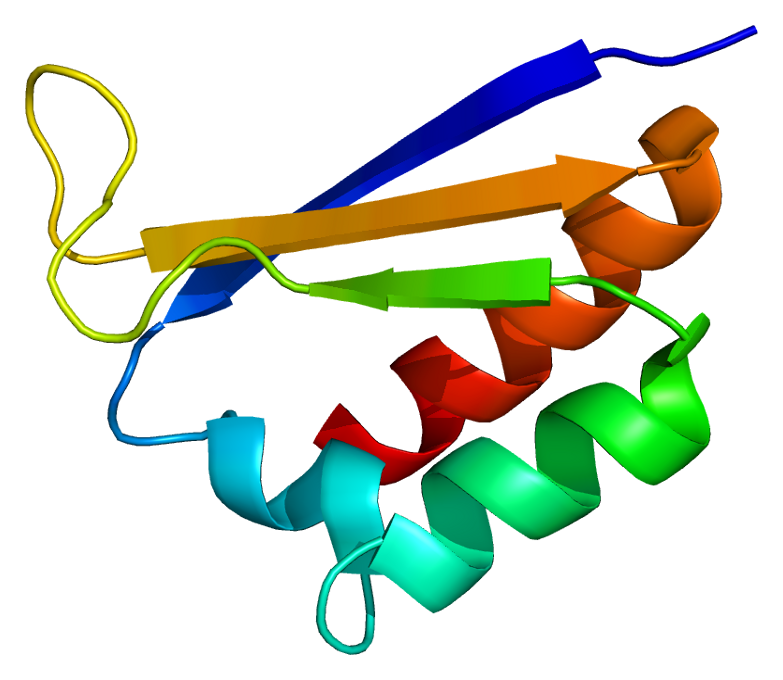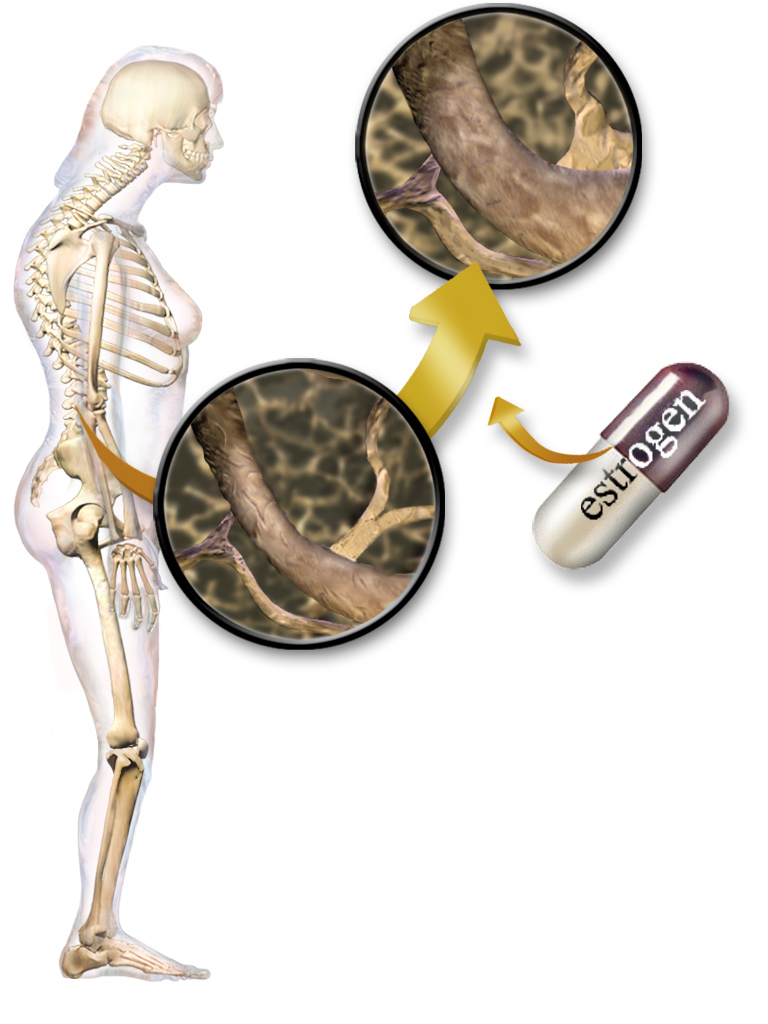Breakthrough in Genetics: NOVA1 Gene Study Reveals Insights into Speech Evolution

In a significant advancement in genetic research, scientists at Rockefeller University have successfully inserted a human gene, known as NOVA1, into mice, resulting in notable alterations in their vocalizations. This groundbreaking study, published on July 5, 2025, highlights potential evolutionary connections to human speech and communication abilities.
According to Professor Robert Darnell, the lead researcher at Rockefeller University, the findings provide a new perspective on how a minor genetic variation may have facilitated the development of complex language in Homo sapiens. The NOVA1 gene, which is integral to brain development and is present across various species, has a unique variant in humans that appears to regulate vocalization-related genes in ways distinct from its counterparts in other animals.
The research team observed that mice with the human-specific NOVA1 gene exhibited increased pitch in their squeaks and a different mix of vocal elements compared to standard mice. Typically, young mice produce ultrasonic squeaks categorized into four basic types—S, D, U, and M. The genetically modified mice displayed changes, indicating that the introduction of the human gene directly influenced their communication patterns. As the mice matured, these differences became more pronounced, especially during mating calls in male mice, which were found to be more varied and complex.
"We thought, wow. We did not expect that. It was one of those really surprising moments in science," Darnell stated, reflecting on the unexpected findings.
The implications of this research extend beyond understanding animal communication. The alterations in vocal behavior suggest that the human variant of the NOVA1 gene may have played a crucial role in the evolution of language, potentially providing Homo sapiens with a unique advantage in survival and adaptation compared to other hominins, such as Neanderthals and Denisovans, who do not possess this specific gene variant.
The amino acid change known as I197V, attributed to the human NOVA1 gene, may have been pivotal for developing sophisticated communication skills. Darnell emphasized, "This genetic change might have been crucial in allowing Homo sapiens to develop sophisticated communication skills, distinguishing them from other species. It raises the possibility that advanced communication gave our ancestors an advantage in survival and adaptation."
Beyond its historical significance, the research opens new avenues for medical inquiries, particularly regarding neurological development and speech disorders. As the scientific community continues to unravel the genetic underpinnings of language, studies like this pave the way for a deeper understanding of how communication evolved and its implications for human health.
This research follows other significant advancements in genetic manipulation, such as the pioneering work by scientists at Shanghai Jiao Tong University, who achieved the creation of mice using genetic material from two male parents. Such breakthroughs in reproductive and genetic studies underscore the rapid evolution of genetic research capabilities.
The findings from Rockefeller University not only enhance the scientific understanding of the genetic foundations of language but also raise intriguing questions about the evolutionary trajectory of human communication. As researchers continue to explore the links between genetics and speech, the potential for further discoveries remains vast, with implications that could extend into various fields, including linguistics, neuroscience, and artificial intelligence.
Advertisement
Tags
Advertisement





